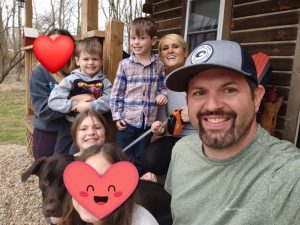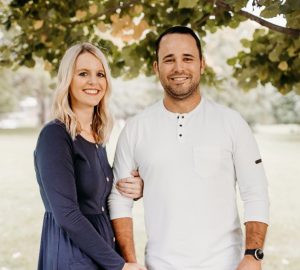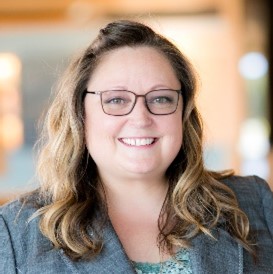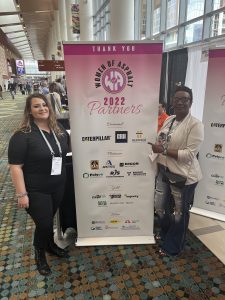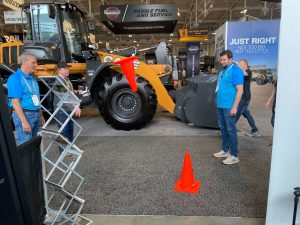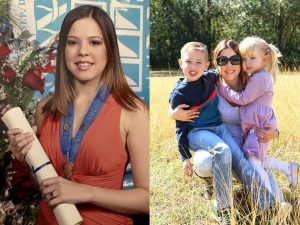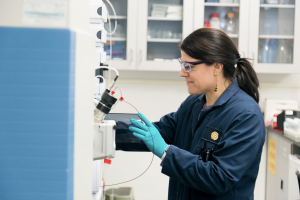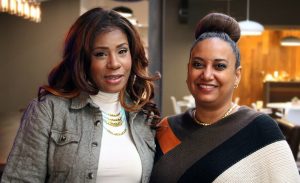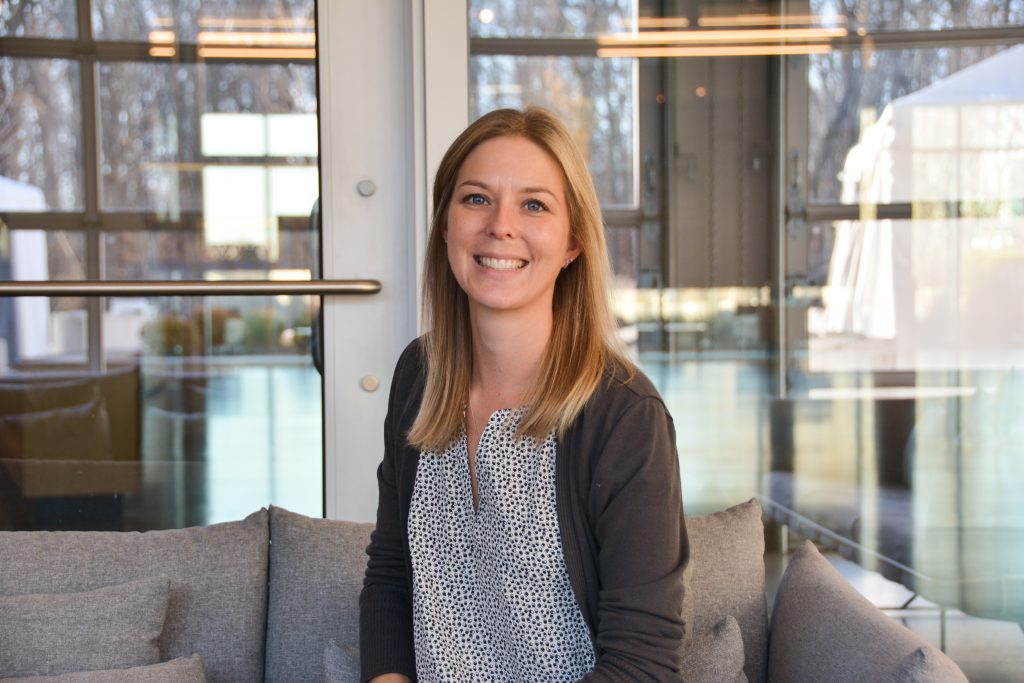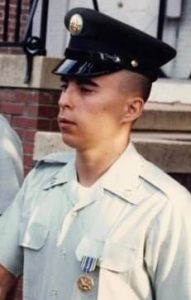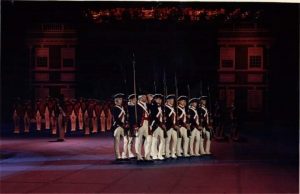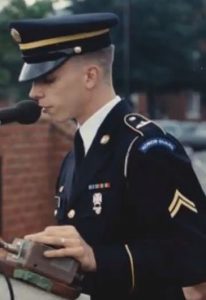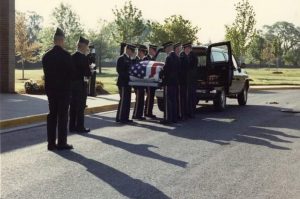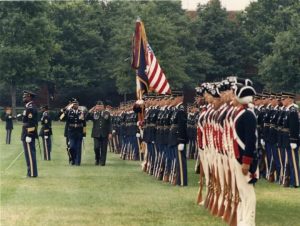HC+M’s Milestone Contractors Leads the Charge in INDOT Safe Zone Speed Camera Pilot Program
Road safety is a paramount concern, especially in construction zones where the risk of accidents can be high. As part of our unwavering commitment to safety and innovation, Heritage Construction + Materials (HC+M) and Milestone Contractors are at the forefront of championing the Indiana Department of Transportation’s (INDOT) Safe Zone speed camera pilot program, which aims to protect motorists and workers on the state’s highways.
Speeding and inattentive driving are big challenges for construction crews working on Indiana’s interstates. That is why we fully embrace the pilot program as a significant step forward in reducing collisions and casualties in work zones. For Milestone General Superintendent Chad Scott, the initiative is personal; as someone who has experienced the loss of a co-worker in a construction zone accident, the cameras represent the hope that reduced speeds might prevent other families from experiencing a similar loss. Scott and other industry professionals testified before the IN House in July 2023, leading the enactment of HEA 1015, which authorized the speed camera pilot program.
Scott recently led a transformative I-70 design-build project in Greenfield, IN. This crucial infrastructure upgrade added travel lanes in both directions to accommodate the region’s traffic volume. With its high stakes and location, the I-70 project became the inaugural site for the deployment of SafeZone speed cameras in August 2024. Previously, only concrete barriers and barrels stood between construction workers and fast-moving traffic.
Travelers along I-70 in Indiana now encounter highly visible signage notifying them of the speed cameras ahead. The SafeZone program is a game-changer, setting a new standard for penalizing speeding and promoting a change in driver behavior. The program aims to significantly reduce the number of accidents. In 2023, 33 fatalities and more than 1,750 injuries occurred in Indiana work zones, with unsafe speeds frequently being a contributing factor. Now, speed cameras offer an added layer of protection, ensuring workers can return home to their families safely each day.
Visit SafeZonesIN.com for more information about the Indiana Safe Zones program and its impact across Indiana.
Indiana’s Bold Move to Protect Workers and Drivers
About Heritage Construction + Materials
Heritage Construction + Materials (HC+M) is part of The Heritage Group, a privately held, family-owned business headquartered in Indianapolis. HC+M has core capabilities in infrastructure building. Its collection of companies provides innovative road construction and materials services across the Midwest. HC+M companies, including Asphalt Materials, Inc., Evergreen Roadworks, Milestone Contractors and US Aggregates, proudly employ 3,000 people at 68 locations across seven states. Learn more at www.heritagebuilds.com.
About Milestone Contractors, L.P.
Milestone Contractors is a privately held, family-owned business headquartered in Indianapolis. Milestone Contractors is a fully integrated heavy construction company specializing in highway, bridge, asphalt and concrete paving and site development. Over its 30-year history, Milestone has built a reputation for prioritizing safety, quality, people and innovation. Milestone Contractors is a part of The Heritage Group’s family of companies. Learn more at www.milestonelp.com.
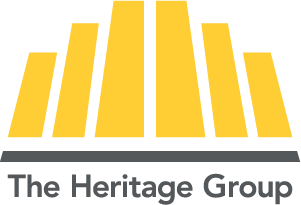
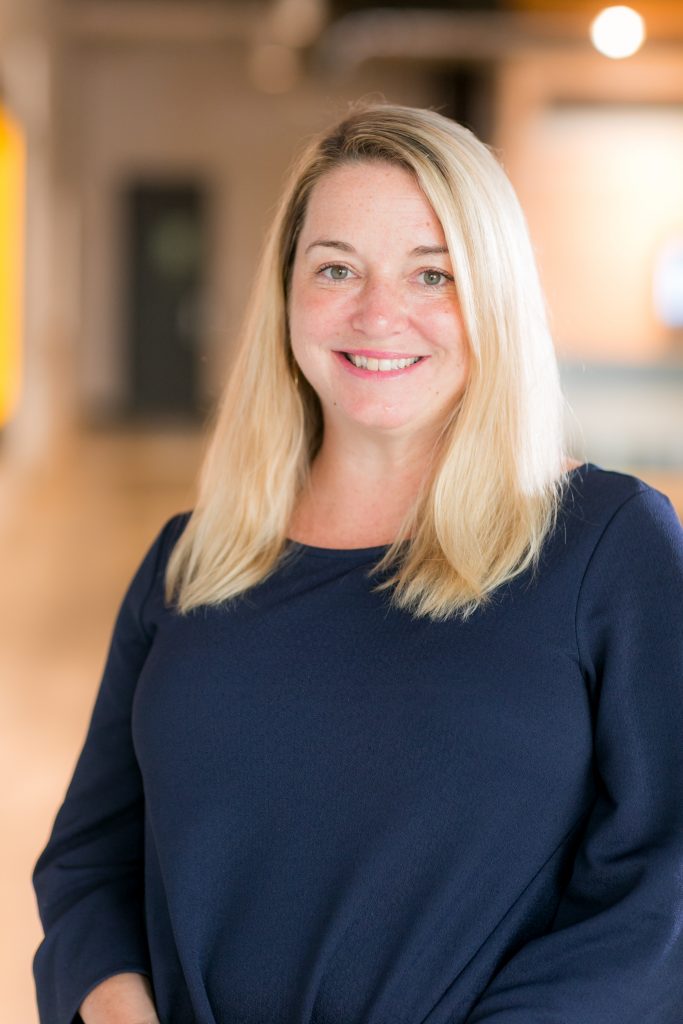 This career shift sent Liz on a path in which she often found herself as the only woman operating within male-dominated industries. Liz leaned heavily on her upbringing and ability to connect with everyone. She noted, “My dad worked in construction and has always been a source of good advice.” That guidance includes being well-versed in the language of construction, over-preparing, and meeting people on their turf. “I learned early on that in order to gain trust and respect, I had to take as many face-to-face meetings as possible,” remarked Liz.
This career shift sent Liz on a path in which she often found herself as the only woman operating within male-dominated industries. Liz leaned heavily on her upbringing and ability to connect with everyone. She noted, “My dad worked in construction and has always been a source of good advice.” That guidance includes being well-versed in the language of construction, over-preparing, and meeting people on their turf. “I learned early on that in order to gain trust and respect, I had to take as many face-to-face meetings as possible,” remarked Liz.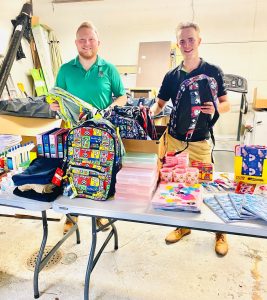
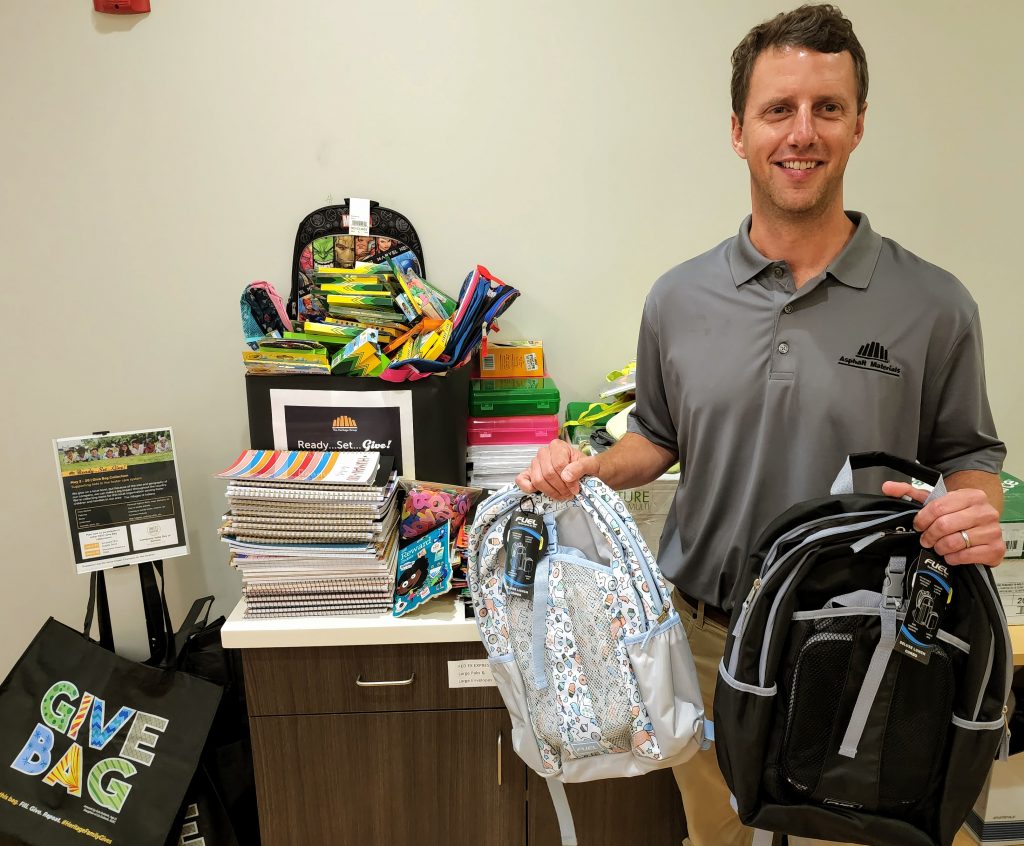
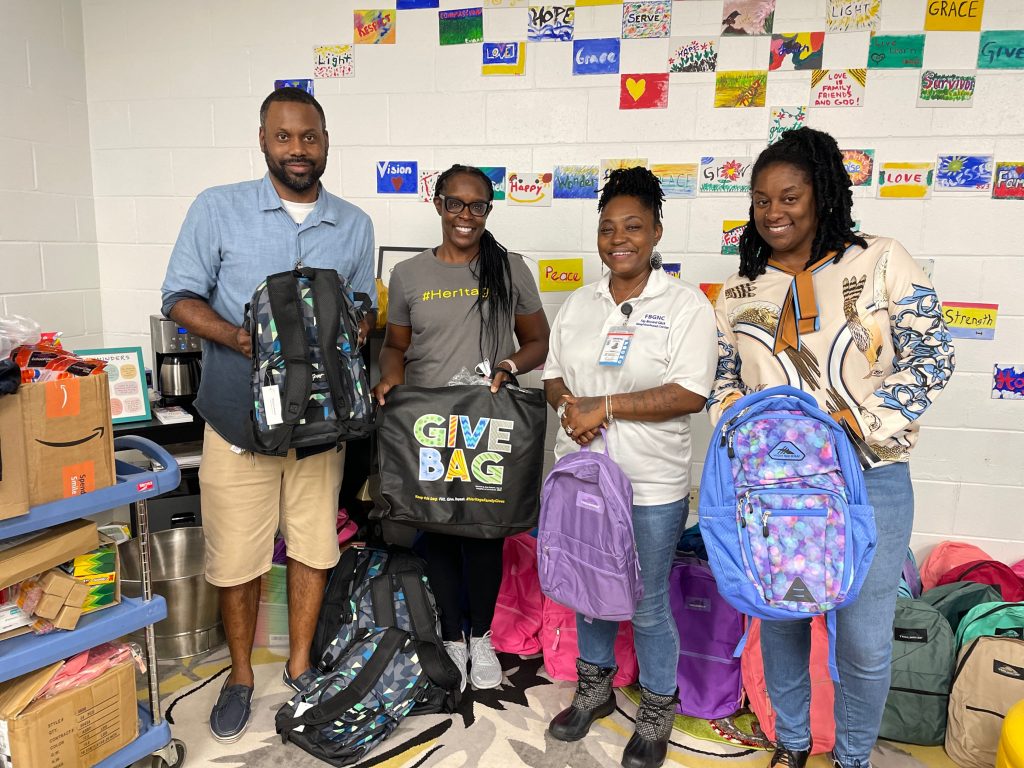
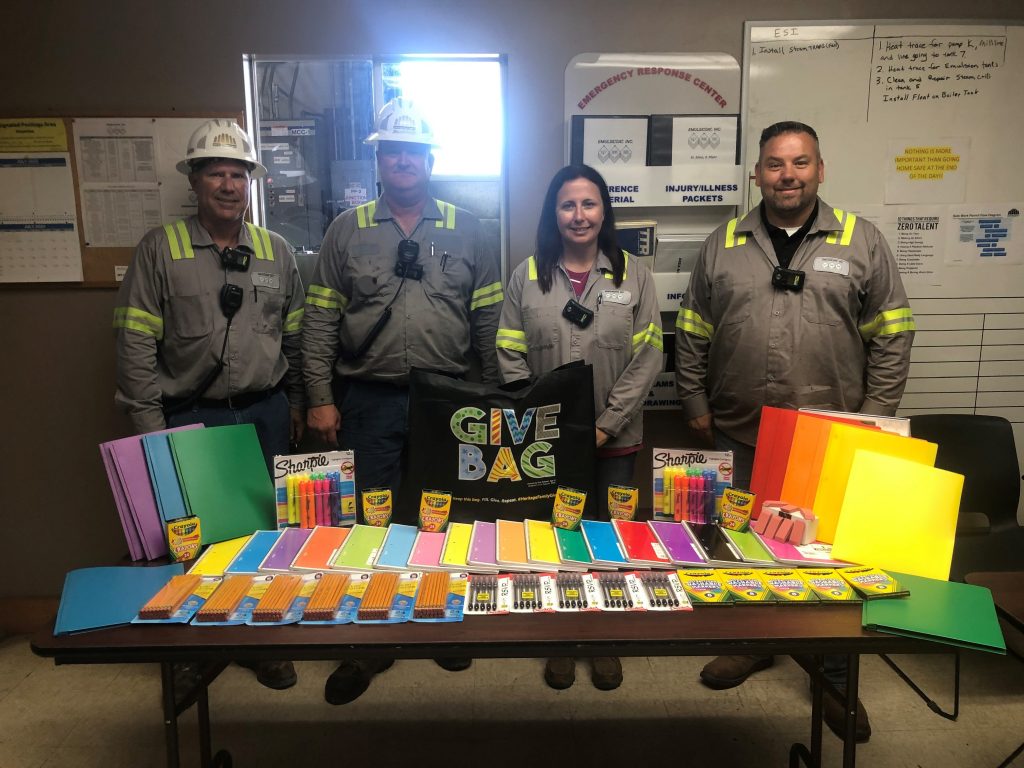

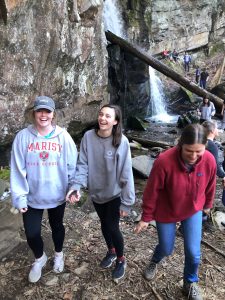
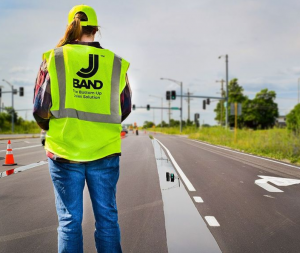
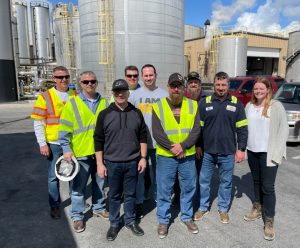
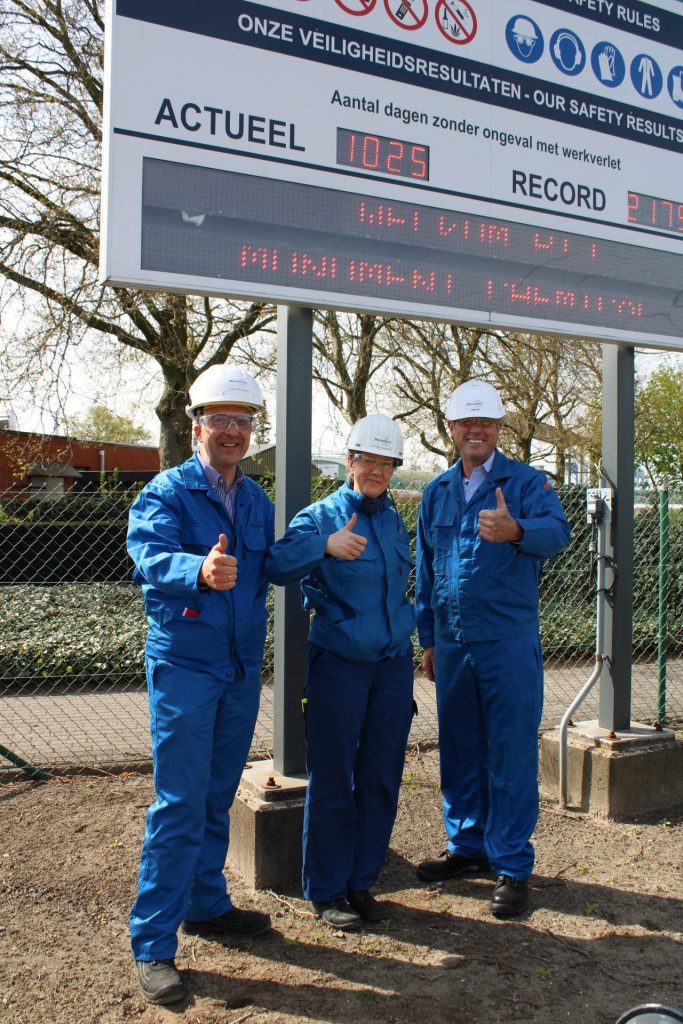
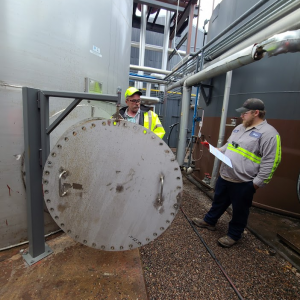
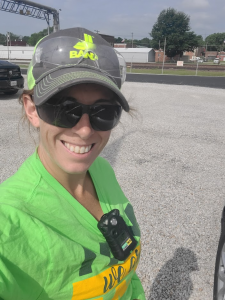
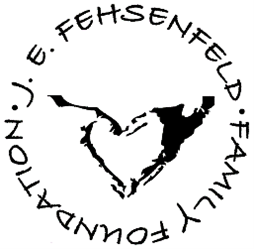 Lisa Ziemba, President, J.E. Fehsenfeld Family Foundation shared, “I’m excited to see The Heritage Group companies supporting an issue that is so important to the family foundation. For many years, JEFFF has provided regular support to a variety of foster care organizations across the country.”
Lisa Ziemba, President, J.E. Fehsenfeld Family Foundation shared, “I’m excited to see The Heritage Group companies supporting an issue that is so important to the family foundation. For many years, JEFFF has provided regular support to a variety of foster care organizations across the country.”